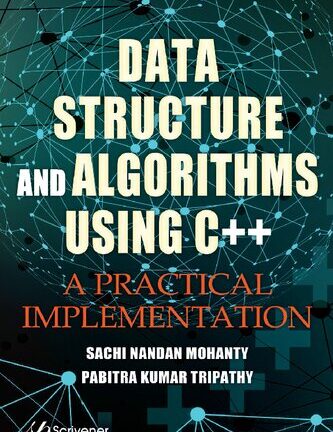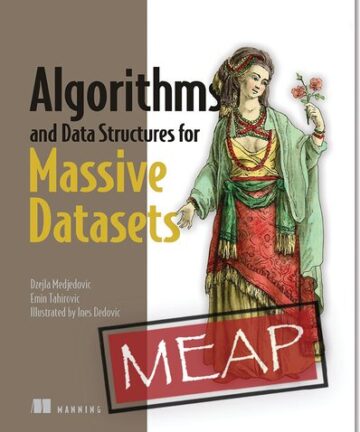Description
Key Features
- Improve your productivity by writing more simple and easy code in Rust
- Discover the functional and reactive implementations of traditional data structures
- Delve into new domains of Rust, including WebAssembly, networking, and command-line tools
Book Description
Rust is a powerful language with a rare combination of safety, speed, and zero-cost abstractions. This Learning Path is filled with clear and simple explanations of its features along with real-world examples, demonstrating how you can build robust, scalable, and reliable programs.
You’ll get started with an introduction to Rust data structures, algorithms, and essential language constructs. Next, you will understand how to store data using linked lists, arrays, stacks, and queues. You’ll also learn to implement sorting and searching algorithms, such as Brute Force algorithms, Greedy algorithms, Dynamic Programming, and Backtracking. As you progress, you’ll pick up on using Rust for systems programming, network programming, and the web. You’ll then move on to discover a variety of techniques, right from writing memory-safe code, to building idiomatic Rust libraries, and even advanced macros.
By the end of this Learning Path, you’ll be able to implement Rust for enterprise projects, writing better tests and documentation, designing for performance, and creating idiomatic Rust code.
This Learning Path includes content from the following Packt products:
- Mastering Rust – Second Edition by Rahul Sharma and Vesa Kaihlavirta
- Hands-On Data Structures and Algorithms with Rust by Claus Matzinger
What you will learn
- Design and implement complex data structures in Rust
- Create and use well-tested and reusable components with Rust
- Understand the basics of multithreaded programming and advanced algorithm design
- Explore application profiling based on benchmarking and testing
- Study and apply best practices and strategies in error handling
- Create efficient web applications with the Actix-web framework
- Use Diesel for type-safe database interactions in your web application






Reviews
There are no reviews yet.